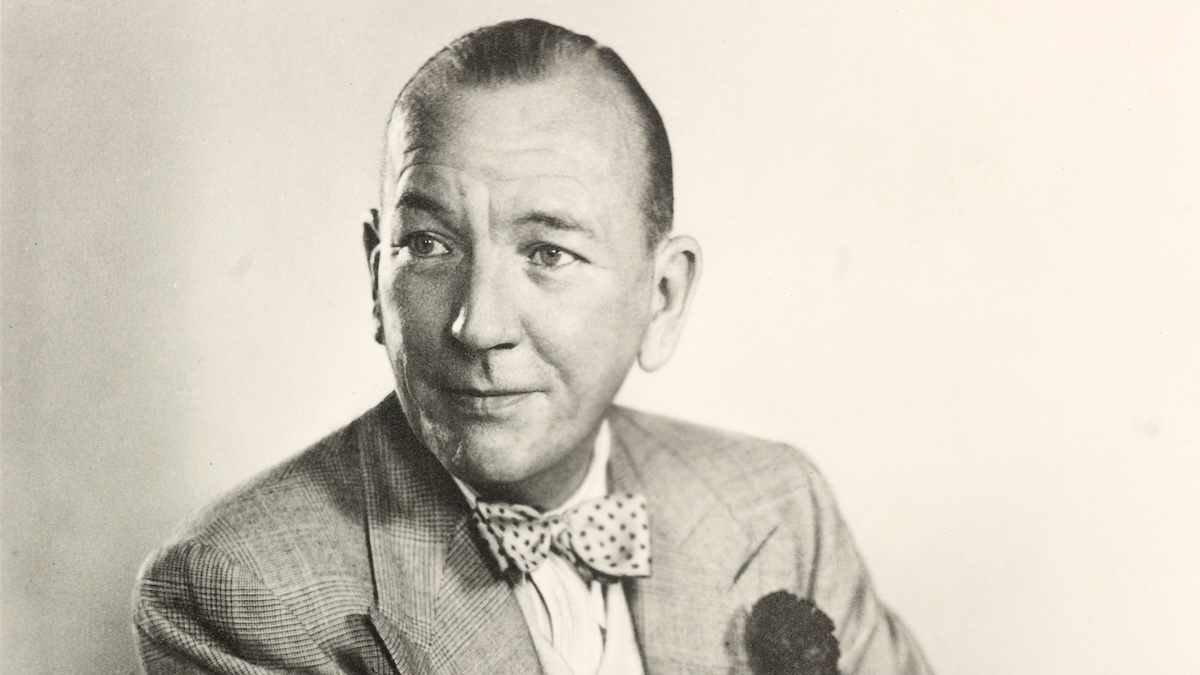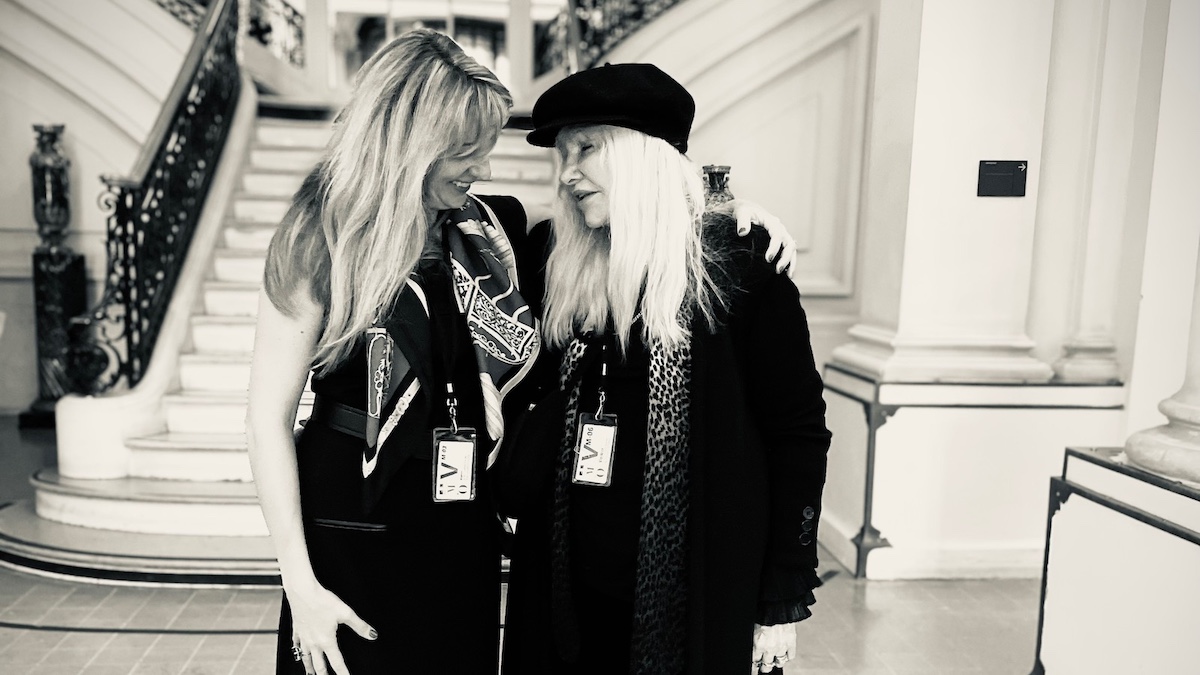
Nathan Alan Davis is the author of Dontrell, Who Kissed the Sea, Nat Turner in Jerusalem (now available for purchase and licensing), and many others. His most recent play, The Wind and the Breeze, had its world premiere at Cygnet Theatre in San Diego. In 2019, he will premiere his new play, Origin Story, at the WaterTower Theatre in Addison, Texas. Davis was also a 2018 Whiting Award recipient for excellence in drama. Samuel French Professional Licensing Representative Nikki Przasnyski sat down with Nathan to talk about his work.
Nikki: How did you get started as a playwright? Were you involved in theatre in any other ways before you started writing?
Nathan: I was an actor first. I went to undergrad at the University of Illinois for acting and I was acting in Chicago for about six years. And essentially once I started having children it changed my trajectory. Both for practical and emotional reasons. And I gravitated more towards writing.
I started writing my first play while I was in Chicago and eventually applied to grad school and once I got my first play written I felt like I had found the thing that I was meant to do and so I never looked back.
Nikki: Once you started writing, how did you decide what kinds of stories you wanted to tell? What things were you most passionate to write about?
Nathan: At first it was just writing on instinct. The first play that I wrote was very ambitious and very epic and the second play that I wrote was more contained and I guess more naturalistic. I wasn’t trying to control, at first, what I was writing about. And I don’t think that I’ve really decided that I’m going to only write about this or that. I definitely have taken a really strong interest in what it means to be black in America and the relationship to history and how history informs the present and how we try to shape and create or own narratives about who we are, where we’ve been, where we’re going.
I’ve continued to follow my heart and instincts about what to write about and I’ve been reticent to give myself one single topic or to limit my imagination.
Nikki: You’ve mentioned before that your work is sort of equally informed by the African diaspora and western tradition. I’d love to hear how that plays out in your work.
Nathan: Sure. Well yeah, I’m mixed race and I’ve always identified as such. There’s always going to be this interplay between cultures, you know what it means to be surrounded by a dominant culture that isn’t your own but finding your voice within that. And trying to find your place and your heritage within that. I think that experience is probably pretty common among most people of African descent who are writing in Western cultures. Anybody who comes from a marginalized background or who is sensitive and attuned to what’s going on in the world has those kinds of conflicts within them and they can lead you to explore the essence of our society. Why we make the choices we make.
I think my work arises from those questions about how to reconcile an irreconcilable difference or conflict. Especially when I think about justice and I think about like — I think in a lot of ways I’m very haunted by what humanity has committed against itself. You know. And continues to commit. And that brings up for me a lot of feelings that are difficult to express or deal with.
A play is a perfect place to explore those questions and let them live and turn them into art in some way. Which is hopefully the way that we can begin to shine a light on a path forward. Even if it’s just by saying: “Look, this is what’s happening. This is what I see.”
Nikki: Dontrell Who Kissed the Sea was part of the NNPN Rolling World Premier Program is that right?
Nathan: Yes.
Nikki: I was curious if you could speak to that process — of how a new work grows having that many productions in a row early on and whether or not the play grew through the process and what that was like.
Nathan: Okay. Well, I was able to see several different productions of the play and the first production was at Skylight Theater Company in Los Angeles. And they gave us an extra week of rehearsal and I was able to spend a lot of time there working on the play. After that it was more or less just seeing the play in different places, with a little time beforehand to touch base with the cast and creative team.
One thing I learned is that something you might change or adjust can work in one production and then in another production context it doesn’t translate the same way. Problems I thought I had in one production turned out to not be problems to other productions. And things that didn’t seem to be an issue in some productions seemed like problems in others. You know what I’m saying?
Nikki: Yeah, definitely.
Nathan: If anything it displayed how unwieldy a theatre production can be. There’s only so much you really can control so it’s kind of a lesson in letting go in a way. In real life you’re never going to perfectly manage everything and even if you could it might not always result in the way you want it to. It also taught me the importance of being in the rehearsal room when something’s being created. Because that’s oftentimes the time you have to do the essential work that’s going to carry forward.
Nikki: That makes a lot of sense. I’m curious if seeing it play in multiple spaces changed what was put on the page at all or was it just sort of learning to let go and let the words speak for themselves?
Nathan: Right. Yeah. I did make some slight adjustments to the way things were put on the page. Mostly clarity-wise. Recognizing things that might have been consistently confusing for producers or consistently divergent in terms of the way people approached them. I had to ask myself, is it more important to be specific here? Or is the figuring out of the problem actually fruitful, creatively, for the production?
Nikki: Yeah, that makes a lot of sense. I also wanted you to speak on Nat Turner in Jerusalem. I was struck by a quote from you in the New York Times: “I don’t want to let anybody off the proverbial hook. We can’t simply look at slavery as an episode we have overcome. It’s still present.”
I’m curious as to how, if at all, the Black Lives Matter movement was present in your mind as you were developing Nat Turner.
Nathan: Okay. Just to clarify, that quote was from an article about the Princeton of Slavery Project. There were several other playwrights involved in that, although thematically it certainly still is relevant.
For Nat Turner, I had read the actual confession of Nat Turner. It’s called The Confessions of Nat Turner, and it’s written by T.R. Gray, the lawyer who took down Nat Turner’s confession and published it. I was very awed by what was in the confession. I assumed that it would be something to the effect of, “I was a slave that didn’t wanna be a slave, so I rebelled.”
But in fact, what Nat was saying was that he had all of these religious visions, these epiphanies, these signs — it was very mystical. The implications I thought of the confession were much deeper than I had anticipated originally.
So I thought that it really centers around the moral question of slavery, especially in a society th
at claims to be Christian and based on spiritual principles laid out in the Bible. That’s really the approach that I took to Nat Turner.
Certainly the Black Lives Matter movement is a huge part of our discourse right now. I think that when it comes down to it, the things that are in the play and the things that Black Lives Matter is dealing with are actually issues that have been deeply embedded in our society for a long time.
There are a lot of resonances but there wasn’t an intentional attempt to overstate the connection, I think it just is.
Nikki: Yeah, that makes sense. That unfortunately we’re still dealing with the same things hundreds of years later.
Nathan: Yeah. And again, when I think about plays I think that they’re opportunities — if it’s done right, you can delve really deeply into the story that utters the truth of that which is a way to begin to change history, alter history, by actually exposing it and by shining a light on it.
Nikki: Changing direction a little bit, I wanted to ask about your writing process. Do you struggle with writer’s block at all? What keeps you moving when you run into a block?
Nathan: Good question. Well… I used to worry about writer’s block, but I think it was more of a general fear. Like, “Oh no, what if I can’t write anymore.” But that’s never quite happened.
If I do get stuck at a certain point, I don’t label it writer’s block. I think that would make it seem like this insurmountable thing, which I don’t really believe it is. I certainly have spent long periods of time not writing, but I’ve never considered it to be a problem or to be writer’s block. I think sometimes you need to have times where you’re reflecting, where you’re thinking.
José Rivera has said that sometimes when you are facing writer’s block it’s because at some point in the process you have lied to yourself and you can’t go on until you go back and tell the truth.
I just sort of work around it, work through it, or sometimes I decide to wait. Also, deadlines are a big motivation. I mean if I have a deadline that I absolutely have to make then I will make it. Sometimes I’ll even manufacture something. I’m working on a play for Arena Stage and they asked me what I needed, and I said, “Okay well can we just schedule a reading, even though I don’t have a full draft yet?”
I knew that if they hired actors and had people in the room that I had to be accountable to that I would get stuff done. That’s the way that I was able to get a first draft out.
Nikki: Whose work — whether they’re playwrights or any other kind of artists — whose work is particularly inspiring to you? Either throughout your career or just at this moment.
Nathan: The person that I return to is the poet and musician Saul Williams. His poetry really speaks to me the way that it blends mysticism and hip-hop. It’s some of the most exciting writing that I’ve come across. There are quite a few poets and playwrights that inspire me. I try to read a lot of different things, and see a lot of different things and also just check in on life itself. So I won’t name a bunch of people but I will say that Saul Williams is definitely a writer that I continually turn to.
Nikki: Great. Wrapping up — if there was one thing about the U.S. contemporary theatre scene that you could change, one aspect big or small, what do you think you would change?
Nathan: Pay for artists. You know, the essential thing that keeps the theatre going is the work of artists and they aren’t compensated fairly.
Nikki: Yeah. That pretty much says it.

Noël Coward’s Travels

Kate Chopin in New Orleans: Mother-Daughter Author Duo Collaborate on Historical Book

